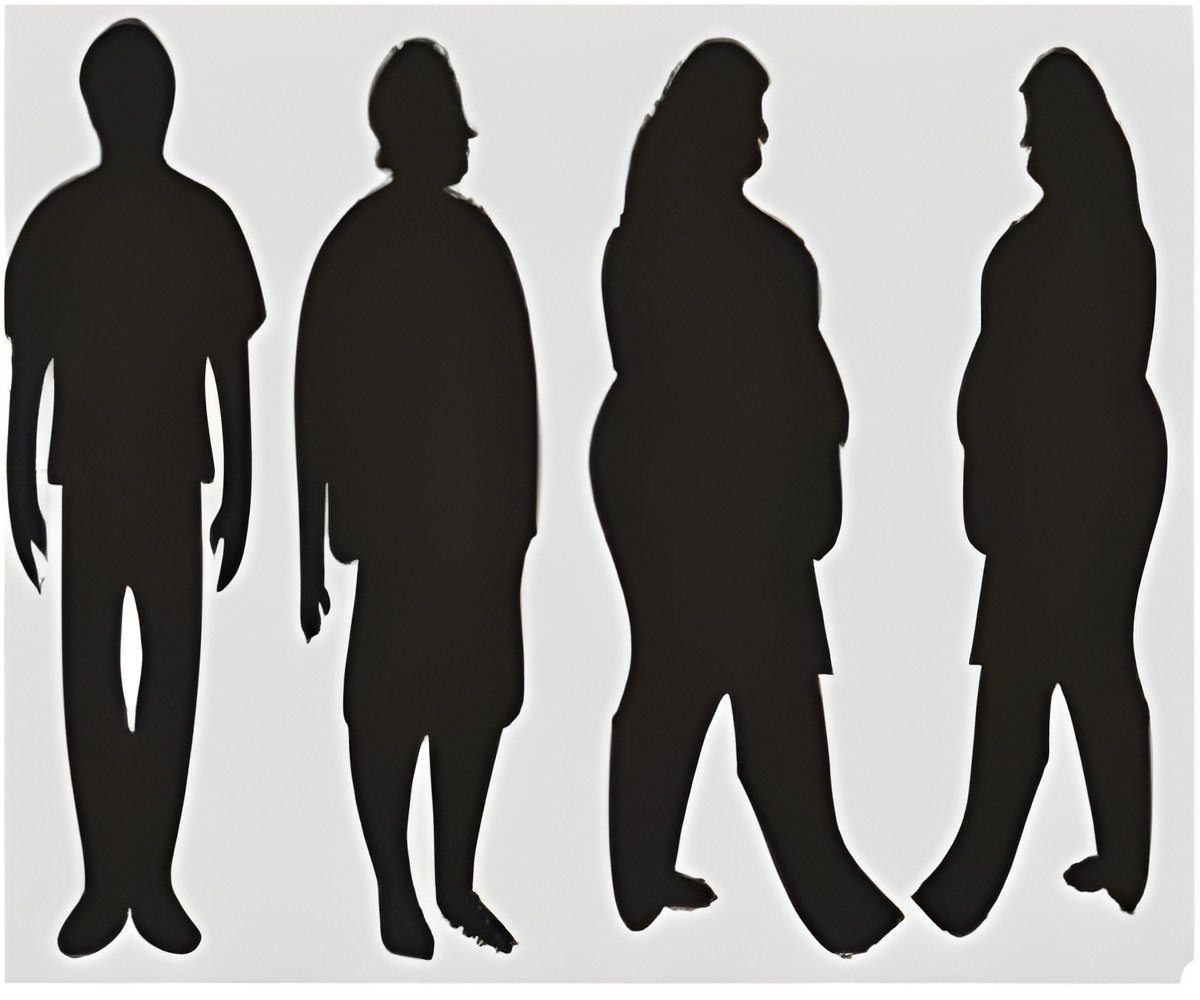
Gavitt A. Woodard, M.D., and colleagues from Stanford University School of Medicine, Stanford, Calif., observed the weight and lifestyle changes of patients who underwent Roux-en-Y gastric bypass surgery and their family members. The study was conducted between January 2007 and December 2009, and included 85 participants; 35 bariatric surgery patients, 35 adult family members and 15 children under 18 years of age. Obese adult family members were define as having a BMI greater than 30 and obese children were defined as having a BMI at the 95th percentile or higher, using the BMI for sex and age growth charts of the Centers for Disease Control and Prevention (CDC).
The weight loss in patients observed by the authors one year following surgery was typical for patients undergoing gastric bypass surgery at the study institution. The mean (average) weight loss of all adult family members decreased from 220 pounds to 198 pounds but was not statistically significant. However, among obese family members, the weight decreased from 234 to 226 pounds, a difference that did reach statistical significance. The same results were observed for waist circumference, as the results among all adult family members did not change significantly (from 108 cm to 105 cm; 42.5 inches to 41.3 inches), but did significantly decrease among obese adult family members (from 119 to 111 cm; 46.9 inches to 43.7 inches).
In obese children only, the authors observed a lower BMI than was expected for their growth curve at the one-year follow-up, however this finding did not reach statistical significance.*
One year following surgery, both patients and adult family members had significant changes in their eating habits, with patients significantly increasing cognitive control of eating while decreasing uncontrolled and emotional eating. Adult family members showed no significant changes in cognitive control of eating, but did significantly decrease uncontrolled eating and emotional eating. Additionally, children of bariatric patients were twice as likely to report being on a diet to lose weight one year post-surgery. Children also benefited from fewer daily hours of television watching and increased hours of physical activity after a parent underwent bariatric surgery.
"Obesity is a family health concern," the authors write. "This study demonstrates that performing a gastric bypass operation on one patient has a halo of positive effect on the weight, eating habits, activity level and health behaviors of the entire family."
Advertisement
Source-Eurekalert










